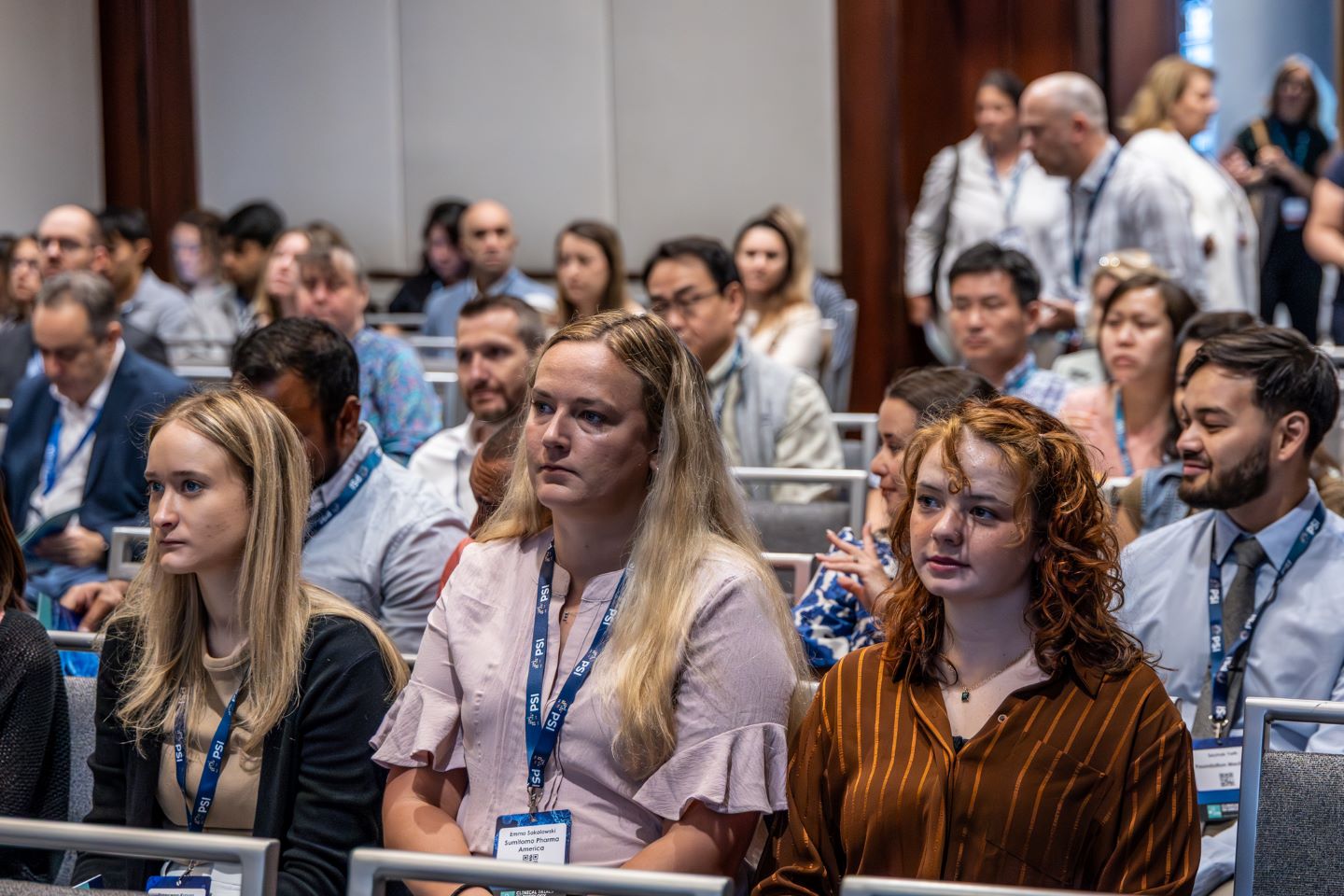Flexible Protocols and Navigating US Geopolitics in Oncology Trials

Key Themes from the Clinical Trials in Oncology Conference
At the recent Clinical Trials in Oncology (CTO) East Coast conference held in Boston, US, from July 8 to 9, industry experts gathered to discuss strategies for designing successful and patient-centric oncology clinical trials. The event highlighted several critical areas, including adapting to the evolving geopolitical landscape, optimizing trial design, leveraging technology, and enhancing patient engagement.
Adapting to the Geopolitical Landscape
The impact of economic challenges on biotech companies was a central topic during the conference. With the Trump administration's imposition of tariffs, many biotechs are facing capital constraints that affect clinical trial activities. Experts emphasized the importance of maintaining a global development strategy and working with contract research organizations (CROs) that specialize in European regulations. This is particularly important given the differences between EU and US regulatory requirements.
Beth Chamblin, senior director of project management at IQVIA Biotech, stressed the need for trust, flexibility, and early integration in navigating these changes. She also highlighted the growing importance of policy advocacy in this shifting environment. Panelists agreed that regional diversification is becoming increasingly essential, suggesting that flexible trial designs can serve as a backup if circumstances change in the US.
Flexible Trial Protocol Design
Leena Gandhi, chief medical officer at NextPoint Therapeutics, emphasized the benefits of flexible trial designs in reducing study timelines and costs. She pointed out that slow dose escalation in Phase I trials can delay progression to Phase III. Gandhi noted that patients and clinicians often face challenges when dealing with sub-therapeutic doses, especially with large dose ranges.
She suggested that focusing on biology to minimize dose levels can expedite the dose evaluation process. However, she also warned against being overly flexible, as vague language in protocols may not be approved by regulatory authorities. Gandhi called for faster and more efficient ways to amend trials when necessary, allowing for better adaptability without losing time.
Patient-Centric Approaches
Patient centricity was a recurring theme throughout the conference. Experts stressed the importance of designing trials with geographic location and patient convenience in mind to improve retention and reduce drop-out rates. They also recommended using technology such as AI and remote patient monitoring tools to streamline measurement protocols.
Kelly Schlemm, vice-president and head of corporate affairs at Servier Pharmaceuticals, discussed strategies for raising community awareness of oncology trials. She advised leveraging patient advocacy groups, especially in isolated or rural areas where access to clinical trials has been limited. Shaily Arora from AstraZeneca highlighted the role of the FDA’s priority review programs, such as breakthrough therapy and fast track designations, in accelerating drug approvals.
The Role of AI in Clinical Trials
AI was another key topic at the conference. Panelists discussed its potential to enhance data management, patient selection, and trial participation, particularly in remote areas. Rebecca Jacob from Sanofi mentioned the importance of evaluating AI’s role based on specific challenges rather than following trends blindly. The consensus was that AI should focus on building efficiencies rather than replacing human roles.
Experts agreed that AI could help streamline processes and improve outcomes, but it must be implemented thoughtfully. The goal is to use AI to support and enhance the work of healthcare professionals, not replace them.
Overall, the conference underscored the need for adaptable, patient-focused, and technologically advanced approaches to oncology clinical trials. By addressing these key areas, the industry can improve trial success rates and better meet the needs of patients living with cancer.
Post a Comment for "Flexible Protocols and Navigating US Geopolitics in Oncology Trials"
Post a Comment